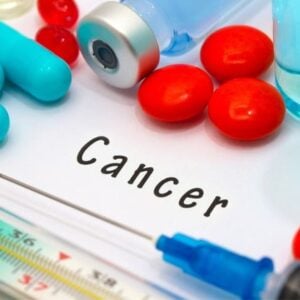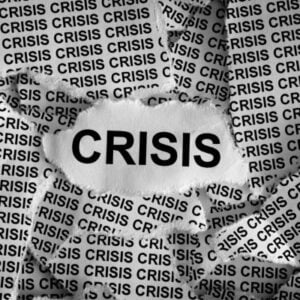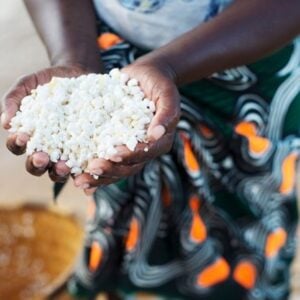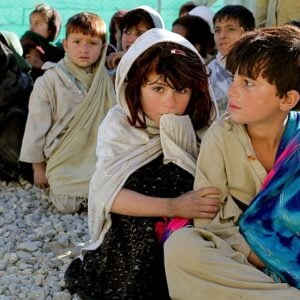Globally, approximately 400,000 children are diagnosed with cancer each year, equating to three children every four minutes. The vast majority of these cases—90%—occur in low- and middle-income countries, where survival rates are alarmingly low, with only about 20% of diagnosed children surviving. In contrast, children in high-income countries have a survival rate exceeding 80%. This stark disparity in outcomes represents one of the most significant inequalities in cancer care worldwide.
Each statistic reflects an individual child’s story. At a recent national childhood cancer stakeholder workshop in Egypt, four survivors shared how their experiences shaped their appreciation for life and highlighted the critical support they received from healthcare providers and families. They emphasized how peer support and connections with other survivors helped them endure difficult times. The workshop, attended by Egypt’s Minister of Health and Population, Dr. Khaled Abdel-Ghaffar, underscored the importance of survivor voices in influencing policies and driving change. In 2018, the WHO and St Jude Children’s Research Hospital launched the Global Initiative for Childhood Cancer (GICC) aiming to increase global survival rates to at least 60% by 2030, while also reducing suffering and improving quality of life.
Countries in the Eastern Mediterranean Region have made notable progress in improving childhood cancer survival by aligning their efforts with the CureAll Framework. This progress is especially significant given the challenges posed by ongoing conflicts, fragile health systems, and limited resources in many countries. Eight countries in the region have prioritized childhood cancer care, with initiatives to build national healthcare workforce capacity in early diagnosis seen in Pakistan, Morocco, the Syrian Arab Republic, and Libya. Efforts to standardize pediatric oncology protocols are underway in Pakistan and Jordan, while similar work is progressing in the occupied Palestinian territory and the Syrian Arab Republic. In Egypt, government measures aim to protect families from financial hardship through insurance policies and legal reforms.
The region also saw its first workshop on pediatric palliative care held in Morocco. Lebanon established a Pediatric Cancer Committee that includes healthcare workers, WHO representatives, and people with lived experience, emphasizing the importance of a multidisciplinary approach to care.
One of the main challenges in reaching the GICC survival target is access to affordable, effective, and safe medicines. To address this, the Global Platform for Access to Childhood Cancer Medicines was launched in December 2021. This platform supports countries by managing the entire supply chain—from selecting medicines to distributing them to hospitals—aiming to make procurement more cost-effective by consolidating orders across countries. Jordan became the first country in the region to join the platform in 2023 and is expected to receive its first medicine shipment soon. The country has made significant strides by developing national guidelines for six childhood cancers, setting an example for neighboring nations. Pakistan, following its success in standardizing childhood cancer care, was selected in 2024 to join the platform’s second cohort, with WHO continuing to support countries in their efforts to join and implement GICC activities.
As Childhood Cancer Awareness Month is observed this September, it is a crucial time to unite efforts to raise awareness and strengthen action to improve outcomes for children everywhere. While childhood cancer cannot be prevented, early diagnosis and comprehensive treatment can cure many cases. Achieving this requires resilient health systems capable of delivering prompt and effective care, ensuring every child has the chance to grow up healthy, regardless of where they are born.







